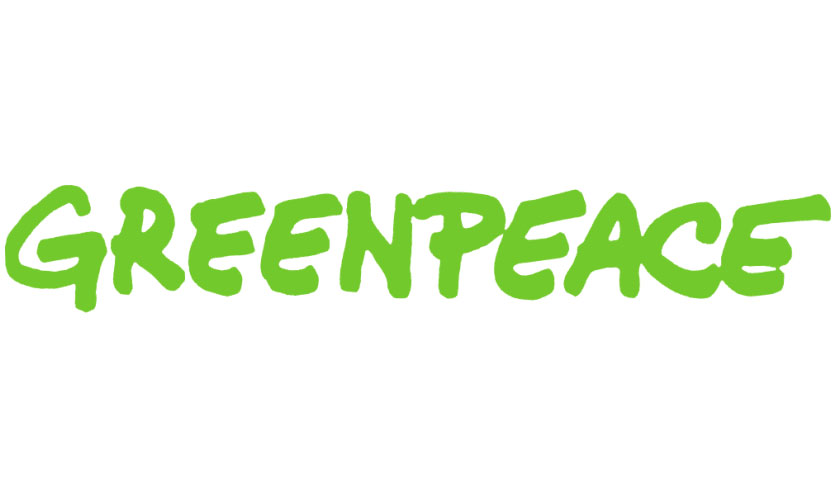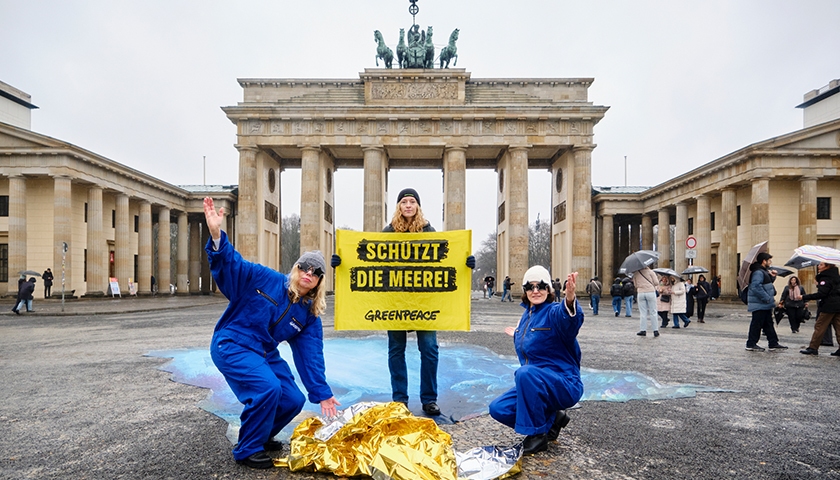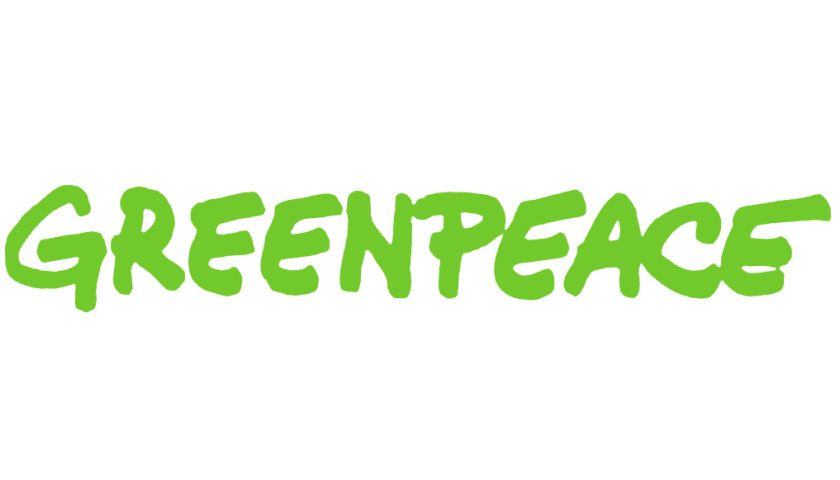The world’s 20 biggest food corporations delivered $53.5 billion (£44.8bn) to shareholders in the last two financial years – enough to provide for the basic needs of 230 million of the most vulnerable people on Earth, according to a new analysis from Greenpeace.
The 20 corporations – the largest companies in the grain, fertiliser, meat and dairy sectors – made huge windfall profits in 2020-21 and 2021-22 as a result of soaring food prices during the COVID-19 pandemic and Russian invasion of Ukraine.
At the same time, rates of food insecurity across the world have rocketed. The World Food Programme estimates that 345 million people are facing acute food insecurity compared with 135 million before the pandemic, with countries in the Horn of Africa, Afghanistan and Yemen particularly badly hit.
The UN has appealed for $51.5 billion (£43.1bn) this year to provide food, shelter and lifesaving support for 230 million of the world’s most vulnerable people.
Greenpeace’s Food Injustice Report 2020-2022 argues that legal restrictions on trade and movement during COVID-19 lockdowns resulted in higher food prices and millions of people going hungry. These price rises and food shortages were particularly severe in the Global South and in countries that were already dependent on outside support for food.
Russia’s latest invasion of Ukraine last year also saw steep price rises for agricultural commodities like wheat, maize, sunflower oil and some fertilisers – of which Ukraine and Russia are major exporters. This price rise was further fuelled by speculation in the grain industry, which is dominated by just four companies that are notoriously opaque about supply levels.
The report argues these events resulted in a massive transfer of wealth to shareholders and company stakeholders in the Global North. In the dairy sector alone, it finds that just five companies splurged $36.6 billion on shareholders over the two years.
Davi Martins, a campaigner at Greenpeace International, said: “What we are witnessing is an enormous transfer of wealth to a few rich families that basically own the global food system, at a time when the majority of the world population is struggling to make ends meet. These 20 companies could literally save the world’s 230 million most vulnerable people and have billions of profit left over in spare change. Paying more to shareholders of a few food corporations is just outrageous and immoral”.
Greenpeace is calling on policymakers to empower consumers and food producers through policies that benefit local food production, the environment and workers’ rights. But there must also be policies to curtail the power of large corporations that dominate the global food system, through sector-wide windfall taxes and regulations to enforce greater transparency.
“We need policies that regulate and loosen the grip of corporate control on the global food system, or the current inequities will only deepen further. Essentially, we need to change the food system. Failure to do so is costing millions of lives,” Martins added.


